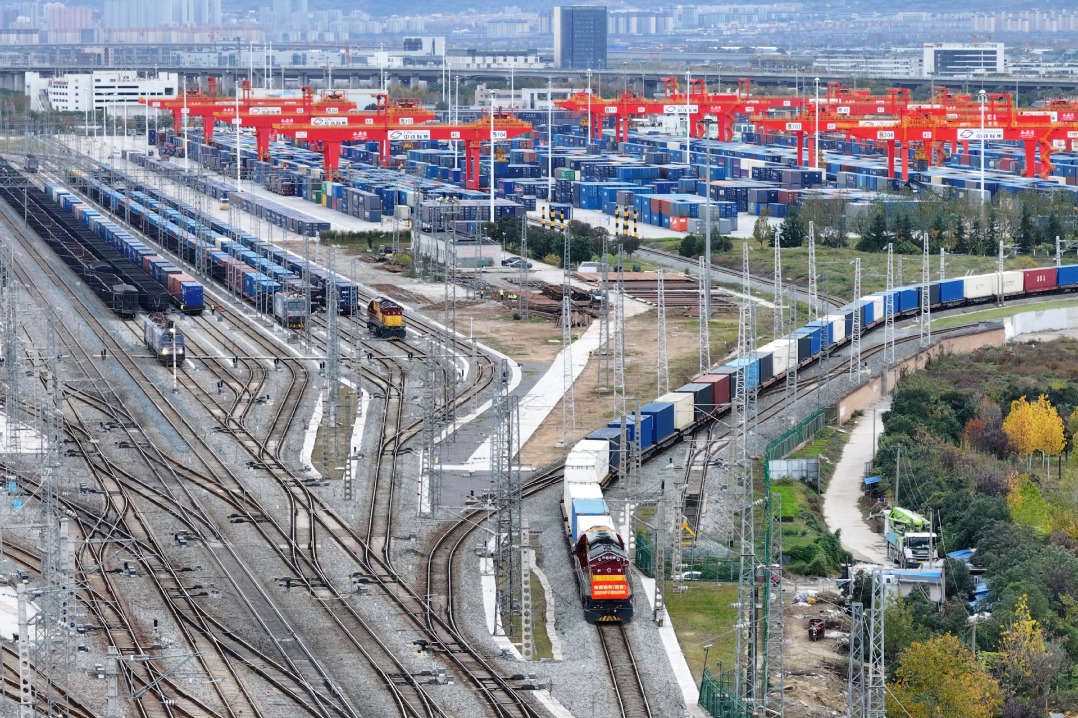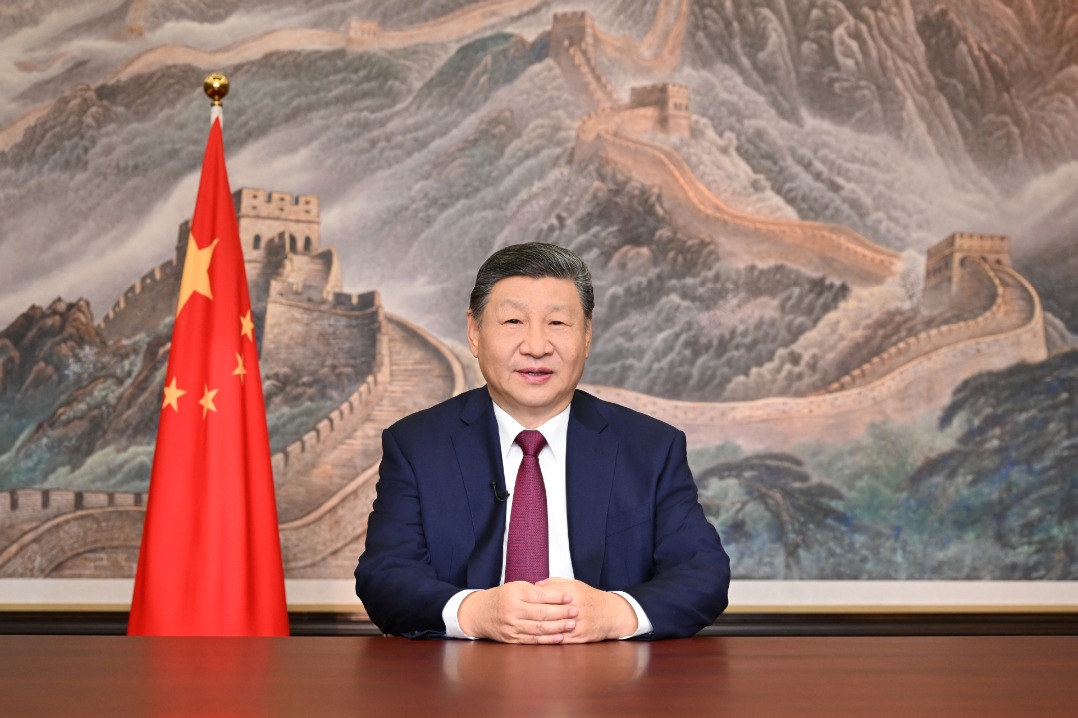EU carbon rule creates distrust

People seem to become more forthright when they are about to step down from their positions. That may be why Giovanni Bisignani, director-general and CEO of the International Air Transport Association (IATA) since 2002, placed the European Union and its parliament on a "wall of shame" in his "state of the industry" speech on June 6.
The reason: the EU plans to charge all airlines worldwide for what it says are excessive CO2 emissions.
"They are ignoring international law with plans to include international aviation in Europe's emissions trading scheme," Bisignani, who will step down next month, said at the IATA's annual meeting in Singapore.
If implemented, such a plan is likely to slow down the recovery of tourism, particularly in the EU, hurt the growing aviation industry in emerging economies, and create distrust that will hinder a global alliance to tackle climate change.
The world tourism industry enjoyed a healthy recovery last year with revenues surpassing $900 billion (616 billion euros), according to the World Tourism Organization. The number of tourists visiting Europe increased by 12 percent; France was the most popular destination, while the United States and Spain took in the most tourism revenue.
In terms of spending, travelers from China ranked third. Chinese tourists are now famous - or perhaps infamous - for their appetite for brand name and luxury goods. The Annual Report of China Outbound Tourism Development 2011, released by the China Tourism Academy, estimates that tourists from the Chinese mainland will make 65 million trips to foreign countries as well as Hong Kong, Macao, and Taiwan this year, an increase of about 12 percent over 2010. Chinese tourists are expected to spend $55 billion overseas, an increase of 13 percent.
China is one of the many emerging economies in Asia and South America where outbound tourism is growing by leaps and bounds.
According to the US International Trade Commission's Office of Travel and Tourism Industries, international visitors spent $134.4 billion in the US last year, with tourists from Mexico, Brazil, China, and India contributing a combined $23.6 billion.
I've been unable to find similar figures for the EU, but its official website says that tourism and related sectors account for more than 10 percent of the GDP and 12 percent of the jobs in the EU.
Because of the increase in outbound tourism, airlines in emerging economies are planning to increase their flights to and from Europe. This month, Air China and Hainan Airline will initiate direct flights between Beijing and Milan and Beijing and Zurich.
However, increased flights also mean an increase in the airlines' carbon footprint, thus giving the EU an excuse to tax airlines from other countries under its regional carbon trading scheme.
The result could be a vicious circle.
Chinese airlines have already voiced their anger. The extra charges give them an incentive to reduce flights to and from Europe and ultimately to cut back on orders for new planes. The extra charge is sure to be passed on to travelers, which may make many Chinese hesitate to visit Europe. If European tourism operators want to keep their business, they should lobby against the extra charges.
Overall, according to Bisignani, "it is a $1.5 billion cash grab that would do nothing to reduce emissions. Uncoordinated punitive measures undermine global efforts and distort markets".
Historically, many EU members and other industrialized countries contributed huge amounts of greenhouse gases to the atmosphere, while robbing developing countries of their resources.
Yet today, the EU is still not doing its part to cut CO2 emissions and help developing countries with financial aid and clean technology. More than 60 percent of emissions cuts by 2020 are likely to be made by developing countries, according to an Oxfam study released on June 6.
Is the EU sincere in its stated intention to slow down climate change or is it more interested in shifting the burden to others? It's hard to tell.
The author is China Daily's assistant editor-in-chief and chief US correspondent.
Today's Top News
- China Daily launches 'China Bound' — an English-language smart-tourism service platform for international travelers
- Manufacturing rebounds in December
- PLA wraps up military drills around Taiwan
- Ties with Russia expected to bear fruits
- Confidence, resolve mark China's New Year outlook
- Xi urges solid work for more progress






























